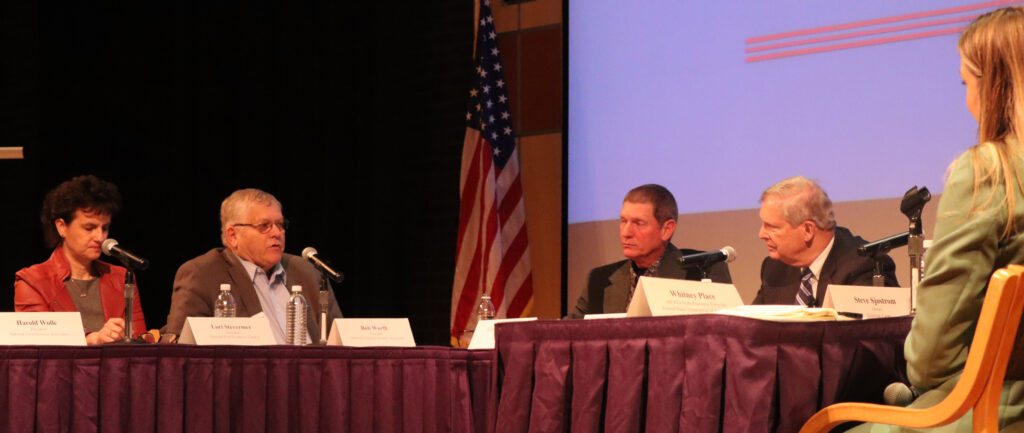With a failed vote of 48-49, the United States Senate failed to approve the Biotech Labeling Solutions Act which would allow the United State Department of Agriculture to create a frame work for a national standard, voluntary label of foods containing genetically modified ingredients.
The bill was sponsored by Sen Pat Roberts, R-KS, who serves as chairman for the Senate Agriculture, Nutrition and Forestry Committee. This legislation would have preempted the states from creating their own individual standards and labels. The state of Vermont was the first to pass its own GMO-Labeling bill which becomes effective July 1 of this year.
A similar bill passed in the House of Representatives in 2015. The Senate needed 60 votes in favor of the bill to pass.
“After much work we were not able to secure the 60 cloture votes needed on the Biotech Labeling Solutions Act. We will be reaching out and seeking a solution,” Lawrence Sukalski, American Soybean Association director from Minnesota said.
Many are concerned about the repercussions of this failed legislation as it has a considerable bearing on the prices consumers will see in the grocery store.
“If we end up with states making their own labeling laws, the cost of food would rise about $1,000 per year for a family of four. Science says biotech foods are safe, and we as farmers know these technologies help us be friendlier to the environment,” Sukalski said.
While this legislation did not pass ahead of the Senate’s Easter Break, American Soybean Association’s director of policy communications Patrick Delaney is optimistic.
“Once Congress returns from the Easter break, we’ll get back to work with leaders in the Senate and continue on the path to a compromise,” Delaney said. “We can’t praise Chairman Roberts enough for his work on this issue, as well as our Democratic supporters for their help in the effort as well, and we hope to continue our partnership with them on this critical matter moving forward.”




